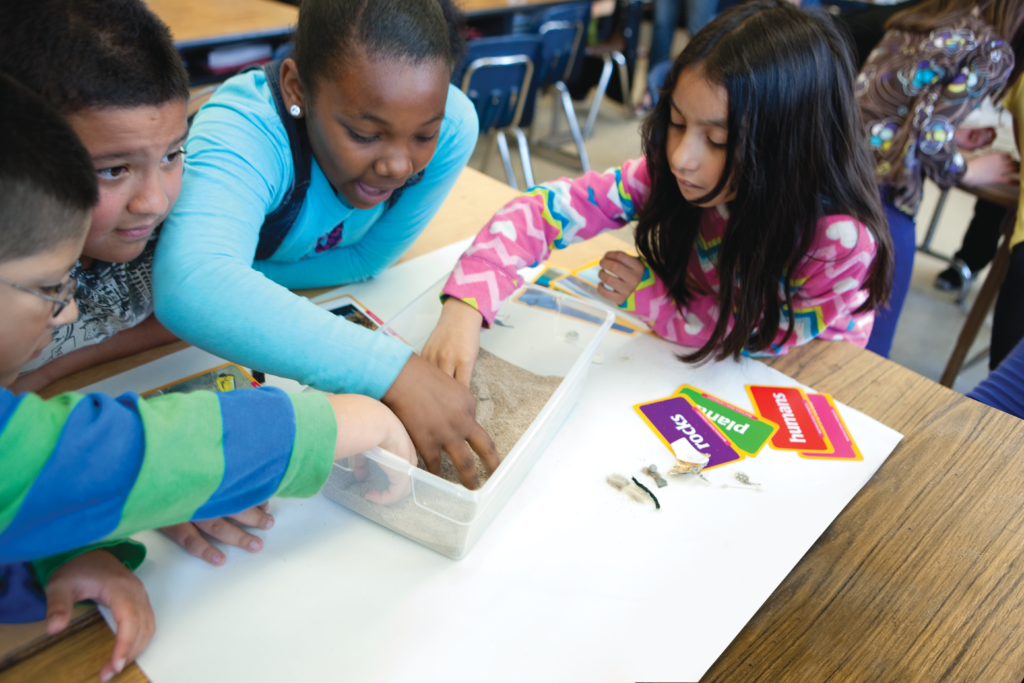Children learn social skills like they learn academic skills, and they need time and support. The following are the top ten tips we’ve found that help after-school leaders be successful, and to help them engage the children and build confident learners.

- Let the Kids Talk! Use cooperative structures* such as “Turn to Your Partner”** or “Think, Pair, Share.”***
- Ask open-ended questions. For example, ask: “What did you do at school today?” instead of “Did you have a good day?” “What questions do you have?” instead of “Do you have any questions?”
- Use wait-time. Give children a few moments of wait-time after you ask a question before you call on someone to respond. Count slowly to five in your head.
- Go deeper to expand the conversation. Ask questions such as, “Tell us more.” “Why do you think that?” “Who can build on/add to that?” “Who agrees?” or “Who has a different opinion?” to elicit more conversation.
- Debrief. Discuss what worked and what could be done differently after an activity for the next time.
- Be a guide on the side. Watch what children do and ask questions to help the children follow their natural curiosity.
- Let them help each other. Encourage the kids to help each other and share ideas and materials to help them gain important social skills.
- Let them make mistakes! Set up an environment in which it is safe to make mistakes. Remember, we learn from our mistakes.
- Be clear in your instructions. Make sure that the kids understand the activity, what’s being asked of them, and have a chance to ask their questions.
- Have fun! Have fun yourself! The more fun you are having, the more fun the kids will have.
* Learn more about cooperative structures and see video clips of them in action here.
** Turn to Your Partner. Partners turn to one another to discuss a question.
*** Think, Pair, Share. Each child thinks individually about a question before discussing his or her thoughts with a partner. Pairs then report their thinking to another pair or to the group. This strategy is especially appropriate when the children are asked to respond to complex questions.
